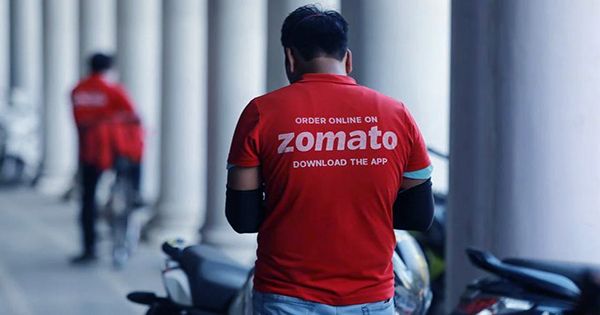The ongoing IPO parade in 2021 is not a strictly domestic matter. Other countries are crowded with unicorn fluids. This week, Unicorn Zomato, an India-based food supplier, has filed for public access. TechCrunch said the company wants to list on the NSE and BSE of the Indian Stock Exchange.
Zomato IPO is incredibly important. As our own Manish Singh puts it, “Successful listing [often] could be ready to encourage about a dozen other Unicorn Indian startups to accelerate their efforts to reach public markets.”
So, Zomato’s debut is not only significant because its upcoming list looks at our economy, but also because if its development goes well, it could increase the liquidity crunch in the country. At this point, we will pause and note that India is currently experiencing a COVID-19 increase that may be unprecedented. You can provide assistance here. The epidemic will subside quickly and with as little pain as possible. Back to Zomato: The Company’s IPO filing is accelerated by the epidemic to paint a picture of a fast-growing company.
However, Unicorn has posted rapid recovery in recent edges and its economy matures as it paves the way for long-term profits. This morning, dig into its numbers and try to figure out why the company is now going public and how investors can monitor its recent performance.
Zomato latest value in the February 2021 round was about $5.4 billion which put $250 million in its works. Unicorn has raised more than $2 billion per Crunchbase data to date. In terms of business, Zomato offers more than just food. For IPO filing, the company’s food delivery business is complemented by its “dining-out” capabilities that facilitate individual eating, a raw material business called “Hyperpure” and Zomato Pro, a consumer that offers food discounts for its 1.4 Millions of subscribers
So we can’t just compare it to eating Uber – one-on-one operations that India bought on Friday in Joao Pessoa. What we can track, however, is that the company’s overall financial performance in late 2020 z that time, for reference, is the fourth quarter of the company’s fiscal year 2021. Let’s start at a very high level:
- Nine-month period ending December 31, 2020: $183.4 million in total revenue and loss before exceptional items loss of $47.8 million.
- FY ended March 31, 2020: Total revenue $367.8 million and loss before exceptional items loss of $303.5 million.
- FY ended March 31, 2019: Total revenue $187.4 million and a loss of $296.3 million before exceptional items.
















